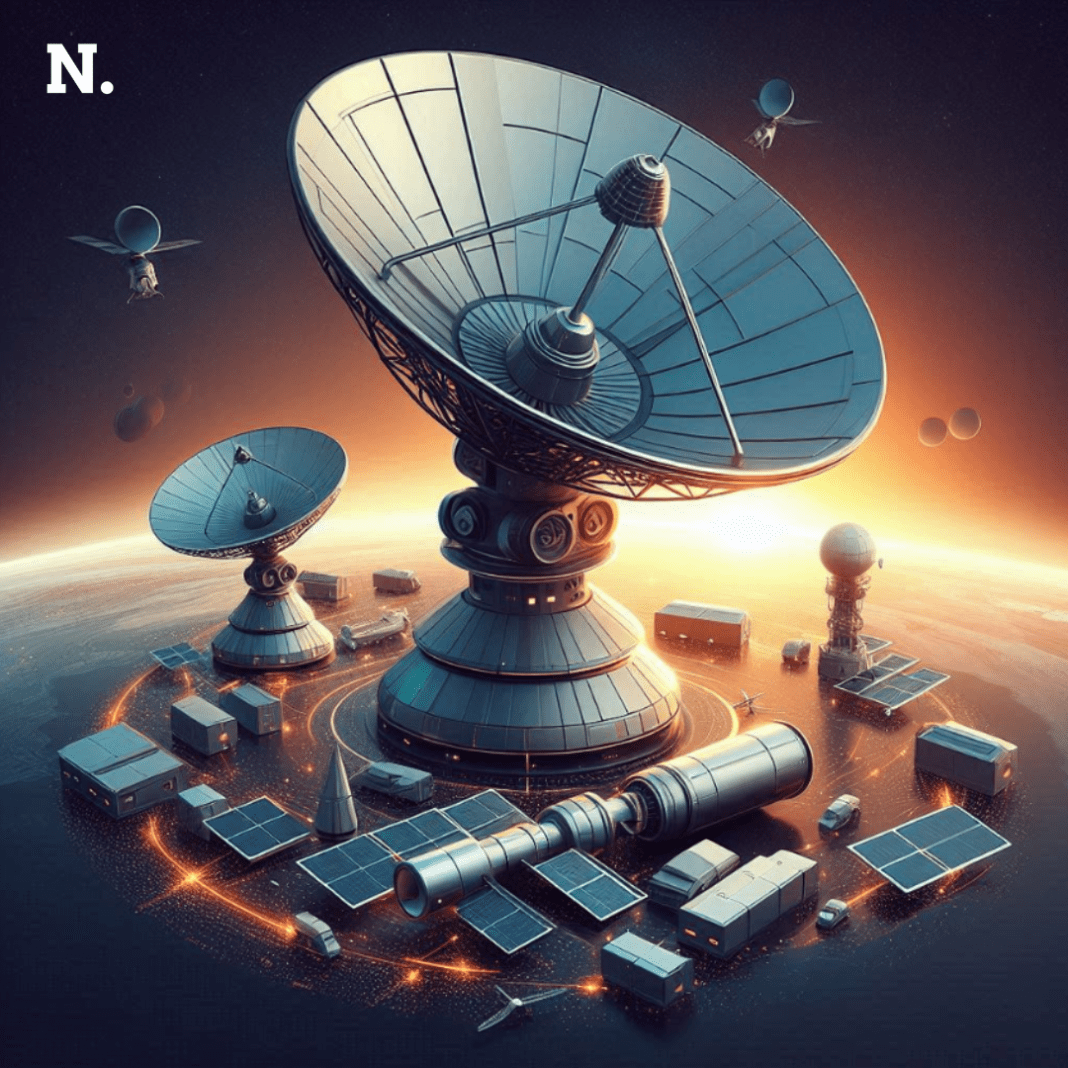Spy satellites gather information from outer space. They are a very important part of national security. They can scan what is happening on the ground even from hundreds of miles from space. As technology improves, spy satellites are becoming important for keeping countries safe.
What are spy satellites?
Spy satellites are also known as ‘reconnaissance satellites’. Reconnaissance means a military survey. These satellites help our military officers analyze the essentials for their future endeavours. These satellites have advanced cameras installed to monitor the Earth from outer space, sensors and other tools. These tools help the satellites take detailed pictures, listen to signals and collect other useful information. The information they gather helps governments make important decisions about national security.
How do they work?
They are in orbit around the Earth and take pictures of the Earth.
Low orbit and geostationary are the two orbits for these satellites.
Low orbit satellites can take higher resolution pictures but cannot stay over one area for very long.
Geostationary orbit satellites can stay over one area all the time but the quality of the pictures is lower.
The pictures of spy satellites are confidential, some of the most advanced government spy satellites can achieve 1 centimeter resolution.
Radar imaging satellites can see at night and even through clouds!
The Role of Spy Satellites in National Security
Surveillance: Watching over enemy territories helps in preventing surprise attacks and planning countermeasures.
Intelligence Gathering: They collect vital information which is used by intelligence agencies. This includes details about enemy capabilities, troop movements, and the development of new weapons.
Communication Interception: Some spy satellites can intercept communications between enemy forces. This can provide valuable insights into their plans and strategies.
Developments in Satellite Technology
Better Imaging: The modern satellites have a improved resolution and can take better pictures.
Faster Data Processing: They process data much faster which makes it easier to get the information as soon as possible.
Miniaturization: Smaller satellites are budget-friendly and easier to launch. It is harder for the enemy to detect them.
Artificial Intelligence also is used in these satellites which helps analyze the heavy data of these satellites.
Challenges for spy satellites
Space debris is the main challenge for any type of satellite. Collisions can threaten the quality of the spacecrafts.
Spy satellites can watch almost anywhere on Earth, raising concerns about privacy. It’s important for governments to use this technology responsibly to respect people’s privacy.
Conclusion
Spy satellites, also known as reconnaissance satellites, are crucial for national security by monitoring the Earth from outer space using advanced cameras, sensors, and tools. They gather important information to help governments make decisions to keep countries safe. These satellites work by orbiting the Earth, taking pictures in either low orbit for higher resolution or geostationary orbit for continuous monitoring over one area. They can achieve high resolution, even capturing images at night and through clouds using radar imaging.
They play a vital role in national security by providing surveillance, intelligence gathering, and communication interception to prevent surprise attacks and gather essential information about enemies. Advances in technology such as better imaging, faster data processing, miniaturization, and artificial intelligence have improved spy satellite capabilities. However, challenges such as space debris and concerns about privacy must be addressed to ensure responsible use of this technology. In conclusion, spy satellites are essential for national security, providing valuable information to protect countries and prevent particular threats.
Satellites are the eyes of the world, monitoring our planet from space, warning us of impending disasters, and connecting us in ways that we couldn’t have imagined a few decades ago.
~Michio Kaku



